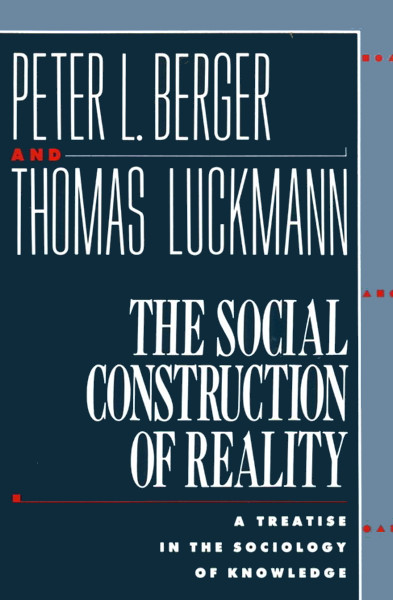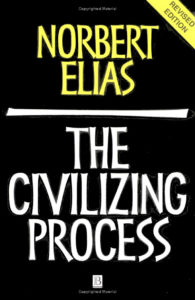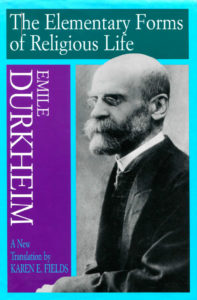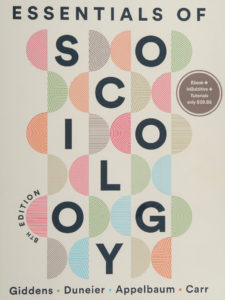The Social Construction of Reality Peter Berger and Thomas Luckmann

Overview
“This book reformulates the sociological subdiscipline known as the sociology of knowledge. Knowledge is presented as more than ideology, including as well false consciousness, propaganda, science and art.”
| Publisher | Penguin Books |
|---|---|
| Year | 1991 |
| Pages | 249 |
| Filesize | 4.4 MB |
| Format |



